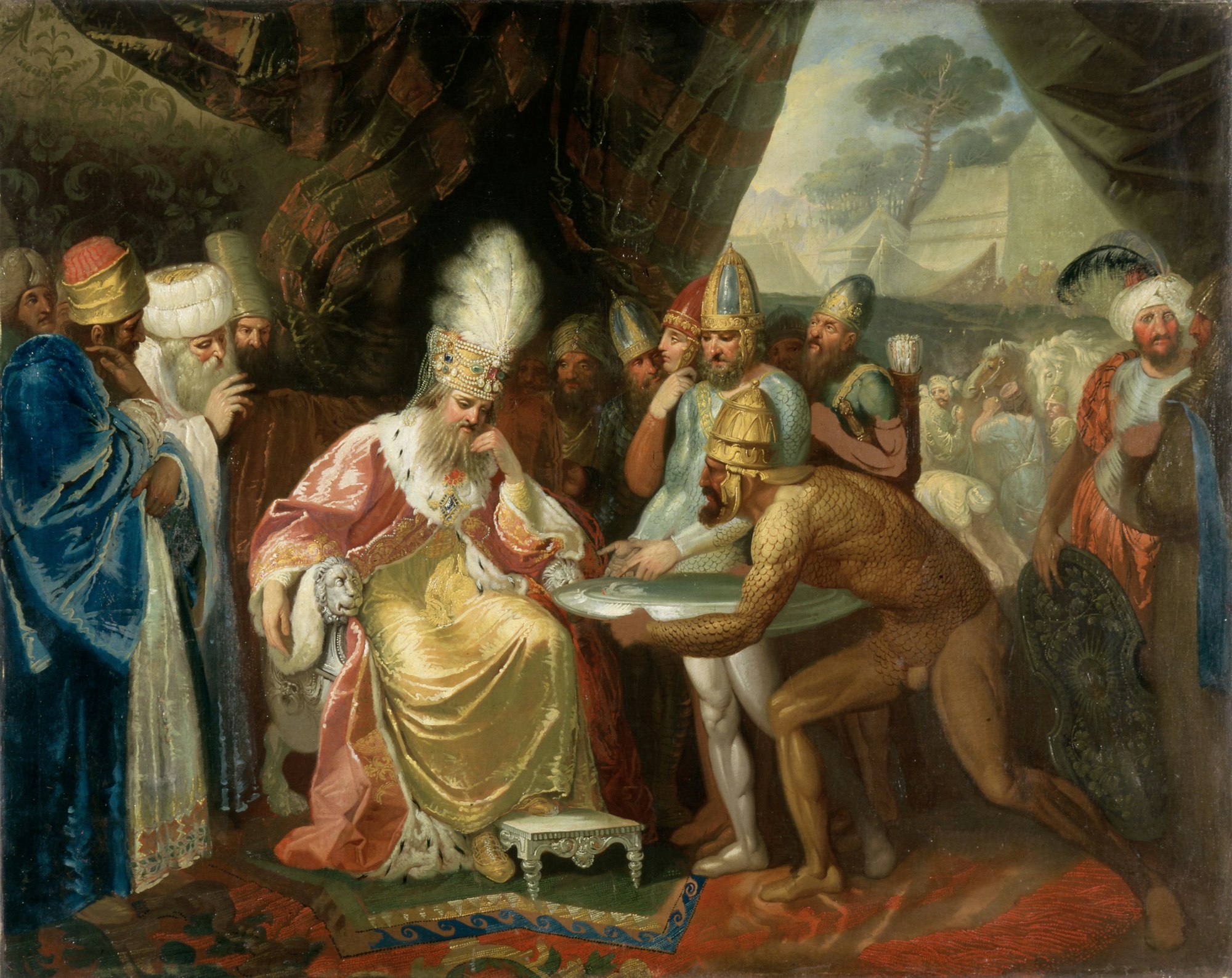Recently I’ve been obsessed with ‘the cost of being King’.
I keep coming across potential role models who have achieved extraordinary success. The one other thing they have in common? Divorce / a series of failed relationships.
So what comes first — the chicken or the egg?
Whenever we see someone successful we start trying to unpack their mental models, to understand which elements of their thinking process led to outsized success.
The one part we continually discount is the fact that the most prominent ‘kings’ are usually divorced.
Everyone skips over that part of these stories as though it’s a mundane fact of chance.
Perhaps I’m being misled by exposure bias but I think there’s more to it.
Here are three models for why this correlation may exist:
- Negative externality
- Self-selecting cohort
- Poisoned fruit
NEGATIVE EXTERNALITY
Starting with the first - are fractured families simply a negative externality of unnatural success? A natural consequence that’s practically inseparable from the recipe for success itself?
You can’t get eggs without broken egg shells. You can’t produce useful energy without a little waste and destruction.
If great success takes relentless obsession and singular focus, perhaps it is to be expected that any other part of your life may suffer or be diminished to the point it is irrecoverable.
If this is true, I’d be interested to investigate three inferences:
i) is the likelihood of divorce a function of time on the throne? i.e. the longer you are king, the more likely divorce becomes.
ii) is the likelihood of divorce a function of the height of the throne? i.e. the more successful you become, the more likely divorce becomes.
iii) if the above or something similar is true, is there an identifiable ‘turn-back’ point — a tipping point where divorce becomes drastically more likely if you’ve been king for too long or ascended too high?
Of course, all of this stems from the supposition that divorce is a bad thing / negative event and unitary families as a long term project are a good thing / highly desirable.
SELF-SELECTING COHORT
Another explanation is that survival bias plays a large role here.
It could be that the very personality traits which make someone outperform against their peers (e.g. where you rank on: extroversion, agreeableness, openness, conscientiousness and neuroticism) could be the same traits which could make you worse in most relationship settings.
And so you’d need to be an outlier in both business and spousal match-fit to maintain both long-term.
In this case, you wouldn’t say divorce is a natural consequence of success. Instead you’d say that the traits which may be overrepresented in those who end up with massive success, are also likely to overrepresent in those who are likely to get divorced.
So the defining factor is not the act of being single-minded, but the trait of single-mindedness, for example.
POISONED FRUIT
The final explanation is that there may just be some innate quality in achieving unnatural success that changes people.
Like a vase being dyed by its contents, the more you fill your life with success, the more it could change and shape the way you think/act, and the way others respond to you.
And so the state changes (in you or in those around you) triggered by finding supernormal success raise the likelihood of fracturing relationships.
So it’s not so much what you do, or who you are, but merely the fact that you have ‘touched the sky’ changes you or those around you, which creates incompatibilities that didn’t exist previously.
I don’t have all the answers but I wish people took a more holistic view of their idols. Mental models and relationship status (assuming you optimised for both) are equally useful as an abstracted signpost of what you should look for when emulating the highly successful (along with other life factors like physical and mental health, etc.).








